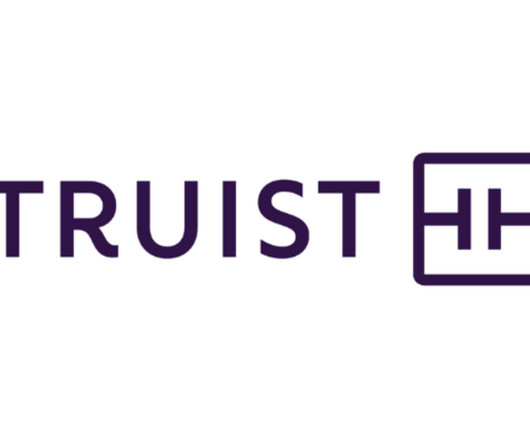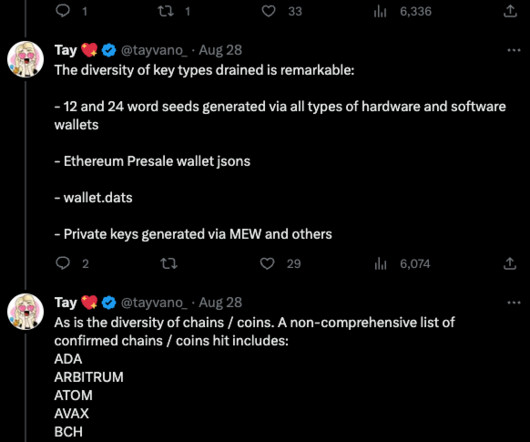The Risk of Weak Online Banking Passwords
Krebs on Security
AUGUST 5, 2019
If you bank online and choose weak or re-used passwords, there’s a decent chance your account could be pilfered by cyberthieves — even if your bank offers multi-factor authentication as part of its login process. Image: Hold Security.


















Let's personalize your content